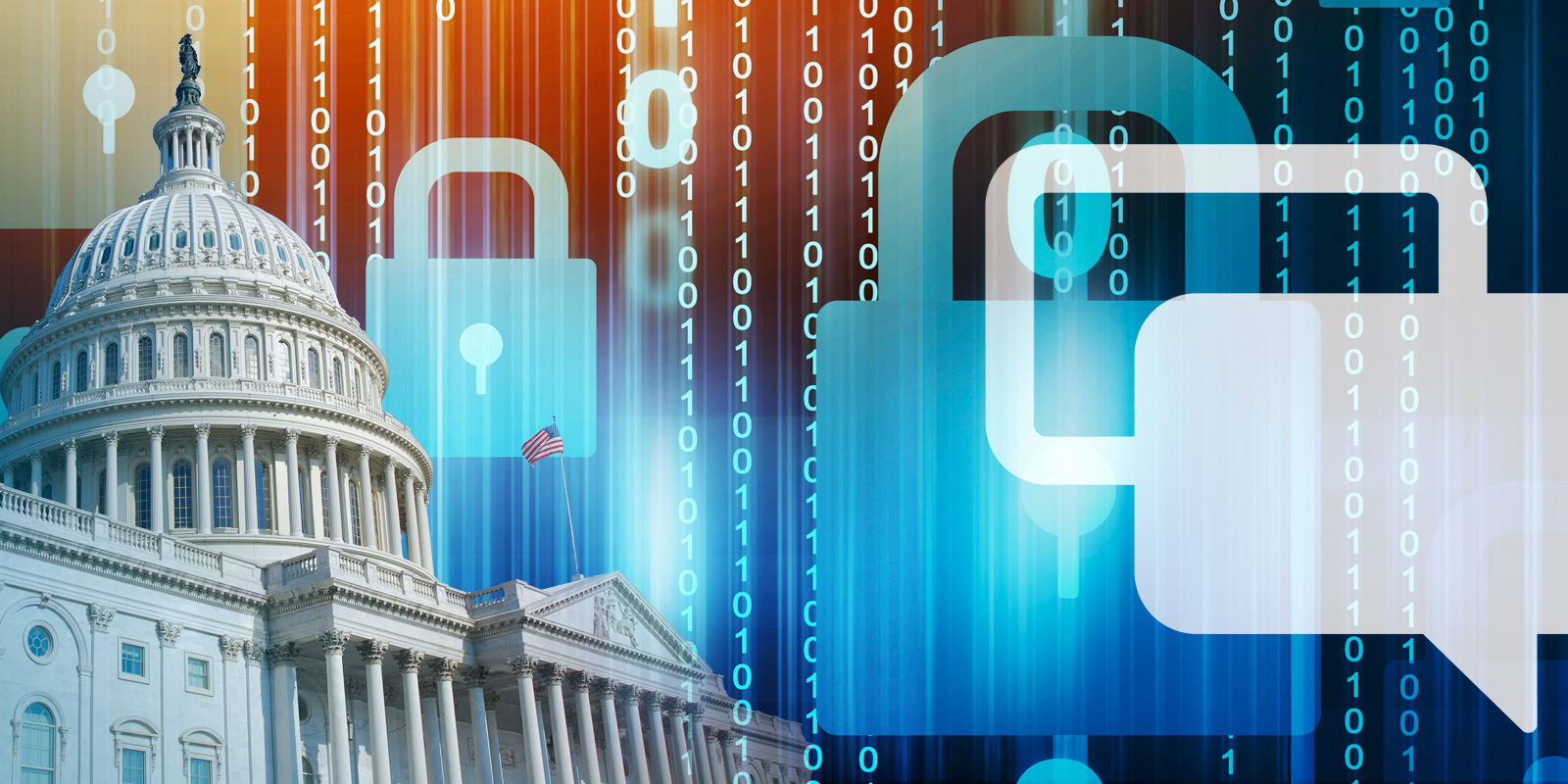
Section 230 a Focus of Debate, Reform Proposals
In Short
The Situation: Section 230 of the Communications Decency Act of 1996 gives technology companies immunity from liability for content hosted on their networks while recognizing their ability to restrict content they deem inappropriate.
The Result: As lawmakers weigh the role of technology companies in transmitting political speech and reported misinformation, Section 230 is the subject of debate among all three branches of government.
Looking Ahead: Washington lawmakers are pressing legislative proposals directed at Section 230 that could impact the liability protections afforded to technology companies, while seeking to preserve the ability of those companies to host the open and free-flowing discussions that are essential to the democratic process.
Section 230
Section 230 gives providers of technology companies two important protections.
First, they cannot be held liable for content that a third party posts on their platforms, effectively barring suits against technology companies for defamation, negligence, and violations of state antidiscrimination laws.
Second, they cannot be held liable for filtering or restricting obscene or otherwise objectionable material, nor can they be held liable when they choose not to filter or restrict this material.
These two provisions protect technology companies from lawsuits seeking to hold them liable for content hosted on their networks. They are traditionally seen as being instrumental to the rise of a free and open internet and vibrant online economy and media environment in the United States in the quarter century since Section 230's enactment. Yet the framework established by Section 230 is coming under criticism from some lawmakers and policy analysts.
Criticisms
Critics of Section 230 have raised two main points.
First, critics argue that, even though Section 230 permits technology companies to restrict harmful content such as child pornography, hate speech, misinformation, and terrorist activity, Section 230 does not adequately incentivize technology companies to carry out these functions.
Second, critics argue that by permitting technology companies to censor "violent, harassing, or otherwise objectionable" material, Section 230 is providing a mechanism for censoring unpopular political views on the internet.
For example, Supreme Court Justice Thomas observed that "many courts have construed the law broadly" and called on the Supreme Court to consider the text of the statute and the immunity it confers.
Legislative Landscape
Washington lawmakers have offered several legislative proposals directed at Section 230. For example:
- Senators Schatz (D-HI) and Thune (R-SD) introduced the PACT Act to require platforms to issue transparency reports and remove content within four days of a court determination that the content is illegal.
- Senators Warner (D-VA), Hirono (D-HI), and Klobuchar (D-MN) introduced the SAFE TECH Act to limit the scope of immunity for paid content and permit actions under civil rights laws; antitrust laws; stalking, harassment, or intimidation laws; human rights laws; or civil wrongful death statutes.
Four Key Takeaways
- Section 230 protects technology companies from liability for hosting third-party content on their platforms.
- Critics of Section 230 have complained that it does not sufficiently incentivize companies to prevent illegal and offensive activity online and that it could be used to suppress political speech on the internet.
- Notwithstanding the change of presidential administrations, Washington lawmakers are proposing legislative changes to Section 230.
- Technology companies should actively monitor and engage with these legislative proposals to preserve the legal protections that enable internet platforms to host the "virtual town squares" that facilitate free and open public debate.




